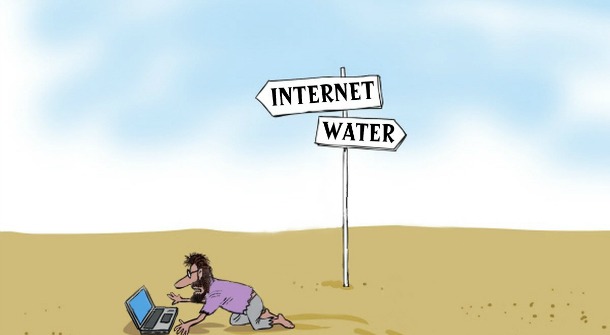
The use of plastic bags has adverse impacts on the ecosystem and in the long run will prove damaging to life on earth at an unprecedented scale. Are we prepared to take the important leap towards sustainable alternatives?
Mayank Singh is a researcher working on Global Enviormental Movement based in Colombo.
The effects of plastic bags on the environment are more devastating and dangerous than we could have ever imagined. We cannot deny the fact that today both nation-states and individual citizens are increasingly aware of the damaging impact of the plastic bags and other products but the objection to their being banned has come solely based on their convenience. However, given the seriousness of environmental damage caused by the excessive use of plastic it is high time its production and use were altogether banned.
What has added to the problem over the years is the fact that plastic bags yet do not have a disposal mechanism which will help us get rid of them altogether and thus we are caught in a situation where it is immensely difficult to eliminate the problem. The first step towards lowering down plastic usage is perhaps to be able to reuse it but mass scale recycle is seldom taken up by large forums or governmental bodies. Secondly, the plastic bags that we end up using on a day to day basis are often not so durable so as to be used for the second or third time. Needless to add their cheap/free of cost availability have also made them an easy resort when one is not carrying a bag to store or the supermarket. We seldom think about making any attempt to either put an end to the use of such bags or at least to limit their usage by using alternatives like cloth or jute bags.
The other major problem with this is that once they have been used or grassed they end up in the general dustbin and then subsequently goes to the landfill or is burnt. Ironically, neither of these two solutions is good for the environment in the long run. It must be acknowledged that burning emits toxic gases that harm the atmosphere and increase the level of VOCs in the air while landfills hold them perpetually as part of the plastic waste problem across the globe.

Further, what we must acknowledge is that plastic litter is not biodegradable and thus wherever it goes it stands undisturbed for the longest time. Often these plastics find their way into water bodies and pollute them causing many diseases.
Also, the problem here is increased by the fact that often fast food comes in plastic and many consumers bother little to throw it into a dustbin and thus allows in disappearing in the winds or into the waters.
With more than 500 billion and possibly as many as a trillion plastic bags in circulating annually this can lead to a catastrophic littering disaster. Littering of plastic is immensely damaging to the environment and can cause unprecedented damage to people’s health.
Given the global scale of the problem it is not surprising that an estimated 300 million plastic bags end up in the Atlantic Ocean alone. These bags are a major threat to sea life,. Any hunting mammal can easily mistake the size, shape, and texture of the plastic bag for a meal and find its airway is cut off. Needless to add deaths from plastic bags are increasing every year both among humans and animal species. This means that gradually the environmental balance in the water bodies is adversely impacted and animals die at an unprecedented rate. Once water bodies are affected human habitations cannot remain unaffected.

We know that since plastic takes indefinite time to breakdown it damages quality of soil and causes erosion. This leads to the pollution of soil nutrients and resultant crop damage and disease. It has been estimated that one bag has the potential to unintentionally kill one animal every three months due to unintentional digestion or inhalation. This means that we are collectively moving towards immense danger to the planet and the ecosystem.
When the balance of the ecosystem is broken its devastating impact will be immense and it is high time we curbed it.
Many alternatives to plastic bags are present around us and if we are willing many new will be discovered. Paper bags are a possible option but they also take their toll on the environment. The heavy use of trees to increase the production of paper products clubbed with the increased energy that is required to make paper bags will also have a nihilistic impact on the environment. Other possible alternatives could be cloth and jute bags. These are stronger and much more durable and can be used more than a few times.
We have to understand that our grandparents and parents and many of the earlier generations did manage their lives in a world where the plastic bag was not invented and they sure developed ways to go about their work without it from buying grocery and food to packing food or beverage. We have to utilise our own creative agency and work towards these environmentally sustainable alternatives. The environment has already given us enough warnings.
The New Leam has no external source of funding. For retaining its uniqueness, its high quality, its distinctive philosophy we wish to reduce the degree of dependence on corporate funding. We believe that if individuals like you come forward and SUPPORT THIS ENDEAVOR can make the magazine self-reliant in a very innovative way.














